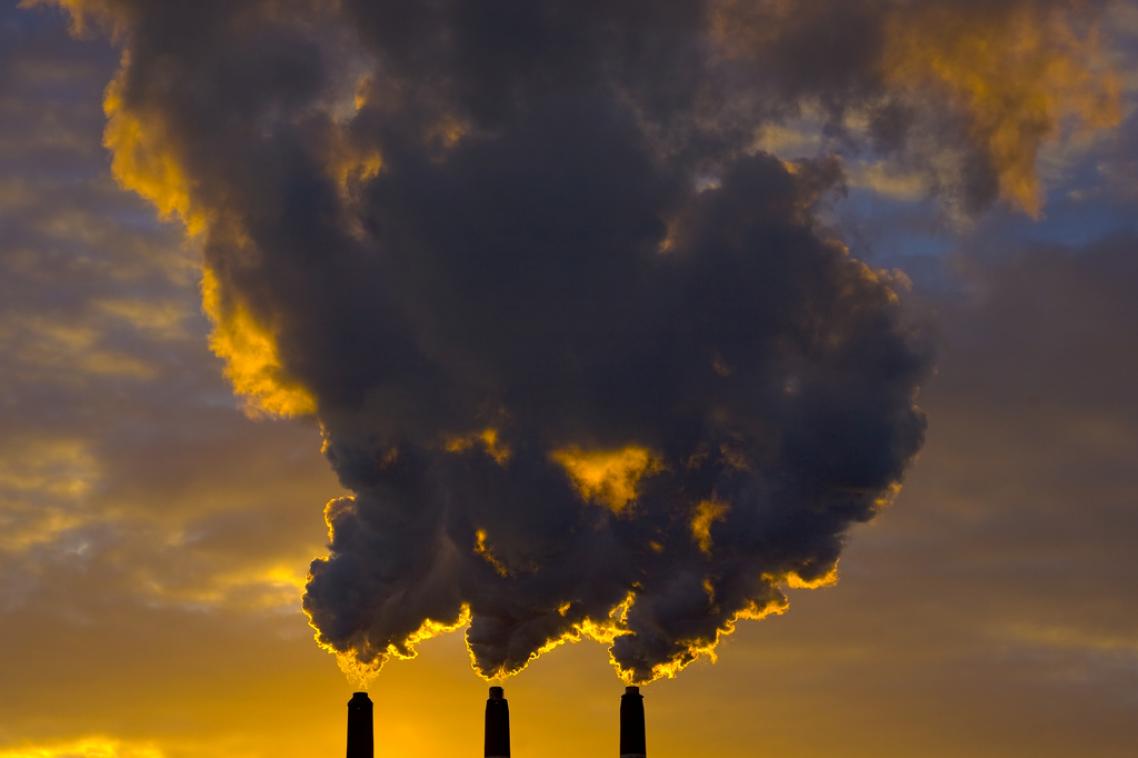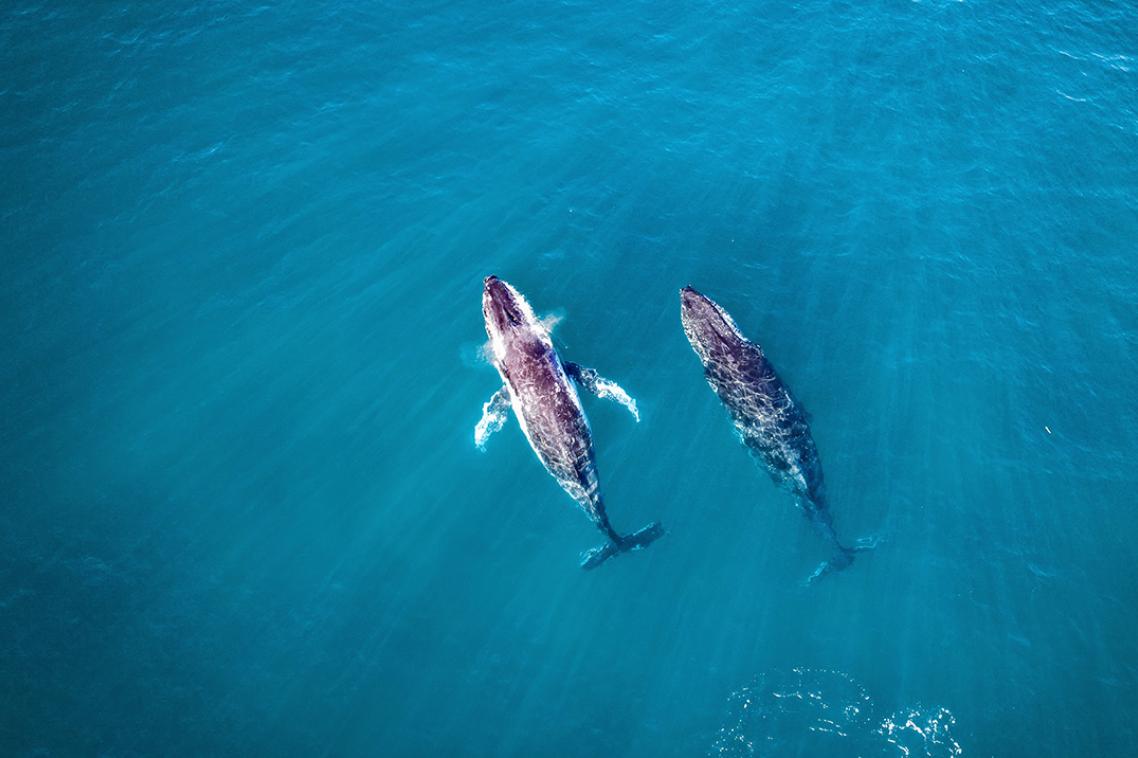‘Like second-hand smoke’: Worst emitters least affected by climate change

Global climate change resembles a room of second-hand smoke, new research has found, with countries emitting the least amount of gasses suffering the most.
The study by The University of Queensland and the Wildlife Conservation Society (WCS) shows a dramatic global mismatch, with the highest emitting countries – including Australia - the least vulnerable to climate change effects.
Lead author Glenn Althor, a PhD student in UQ’s School of Geography, Planning and Environmental Management (GPEM) said, in contrast, the countries emitting the least amount of greenhouse gases were the most vulnerable to effects such as increased frequency of natural disasters, changing habitats, human health impacts, and industry stress.
“There is an enormous global inequality in which those countries most responsible for causing climate change are the least vulnerable to its effects,” Mr Althor said.
“It is time that this persistent and worsening climate inequity is resolved, and for the countries with the greatest emissions to act,” he said.
Co-author Associate Professor James Watson of GPEM and WCS said the situation resembled second-hand smoking.
“This is like a non-smoker getting cancer from second-hand smoke, while the heavy smokers continue to puff away,” he said.
“Essentially we are calling for the smokers to pay for the healthcare of the non-smokers they are directly harming.”
The researchers conducted a global analysis of the relationship between a nation’s carbon emissions and vulnerability to climate change.
They found that 20 of the 36 highest emitting countries – including the U.S. Canada, Australia, China, and much of Western Europe – were the least vulnerable to its impacts.
Eleven of the 17 countries with low to moderate emissions were most vulnerable to climate change. Most were found in sub-Saharan Africa and South Asia.
The authors said these countries were not only exposed to serious environmental change such as oceanic inundation or desertification. They were also generally the least developed nations, having few resources available to cope with these issues.
They said the mismatch between the culprits and the affected areas acted as a disincentive for high-emitting “free-rider” countries to mitigate their emissions.
The researchers predicted that the number of acutely vulnerable countries would worsen by 2030 as climate change-related pressures such as droughts, floods, biodiversity loss and disease mounted.
Associate Professor Richard Fuller of UQ’s School of Biological Sciences said the researchers had quantified these inequities using publicly available data.
“The recent Paris agreement was a significant step forward in global climate negotiations,” he said.
“There now needs to be meaningful mobilisation of these policies, to achieve national emissions reductions while helping the most vulnerable countries adapt to climate change.
“The free rider countries need to do much more to ensure that they bear the burden of coping with climate change impacts.”
The study appears today in the journal Scientific Reports. The authors also have published a piece on The Conversation: Australia, the US and Europe are climate 'free riders': it's time to step up
Media: Glenn Althor, g.althor@uq.edu.au, Associate Professor James Watson +61 7 3346 1645, jwatson@wcs.org, Associate Professor Richard Fuller +61 458 353 102 or +61 7 334 69912.
Related articles

Decades of surveys show whale migration shift

Should you consent to your doctor using an AI scribe? Here’s what you should know.
Media contact
UQ Communications
communications@uq.edu.au
+61 429 056 139
